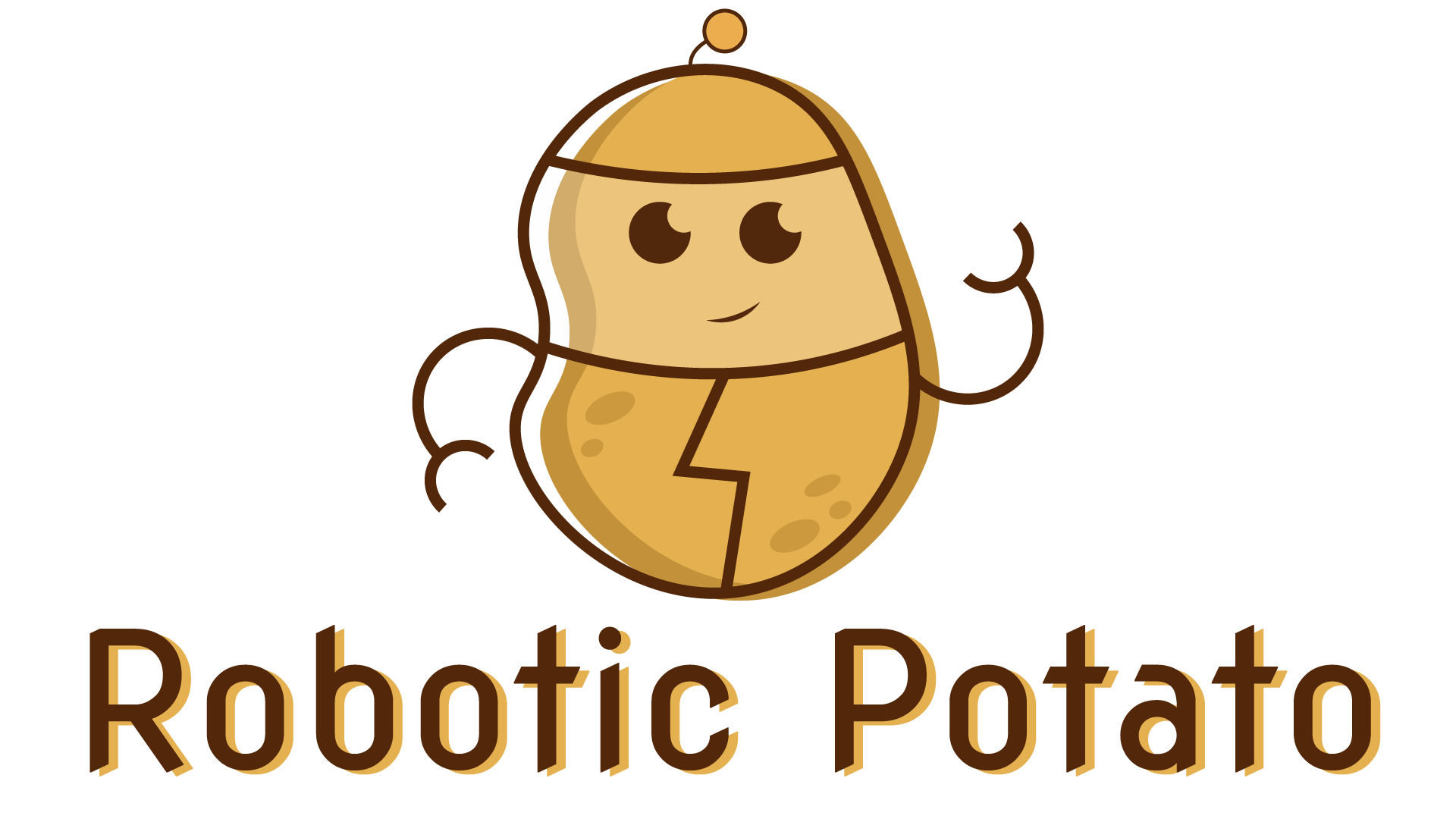“`html
In an age where digital transformation is paramount, AI-powered marketing tools are transforming how businesses engage with their customers. Understanding the essence of AI marketing tools is the first step towards harnessing their vast potential. These tools, leveraging artificial intelligence in marketing, provide unparalleled benefits, from enhanced campaign precision to automation that revolutionizes productivity. This article delves into various facets, revealing the best AI tools for marketing and how they drive success. Explore how AI is reshaping strategies with real-world case studies, delve into AI-powered advertising, and learn to select the right AI marketing tools for your business. Whether you’re a seasoned marketer or just starting out, uncover the array of free AI tools and top platforms that will elevate your marketing game in 2023.
“`
What is an AI Marketing Tool?
An AI marketing tool is a software that utilizes artificial intelligence technologies such as machine learning (ML), natural language processing (NLP), semantic search, and sentiment analysis to enhance the execution of marketing tasks and workflows.
- The primary function of an AI marketing tool is to automate repetitive and mundane tasks, freeing up human marketers to focus on high-level strategy and creative work.
- AI marketing tools can analyze vast amounts of customer data, identify patterns, and provide actionable insights to inform marketing decisions.
- These tools can also optimize marketing campaigns in real-time, adjusting variables such as ad targeting, budget allocation, and messaging to maximize ROI.
Types of AI Marketing Tools
There are several types of AI marketing tools available, including:
- Campaign Optimization Tools : These tools use machine learning algorithms to analyze campaign performance and make data-driven recommendations for improvement.
- Predictive Analytics Tools : These tools use statistical models and machine learning techniques to forecast future customer behavior and predict campaign outcomes.
- : These tools use natural language processing and machine learning to generate high-quality content, such as blog posts, social media posts, and product descriptions.
- Chatbots and Virtual Assistants : These tools use conversational AI to engage with customers, answer questions, and provide support.
Benefits of Using AI Marketing Tools
The benefits of using AI marketing tools include:
- Increased Efficiency : AI marketing tools can automate many routine tasks, freeing up human marketers to focus on high-level strategy and creative work.
- Improved Accuracy : AI marketing tools can analyze large datasets and identify patterns that may elude human marketers, leading to more accurate predictions and better decision-making.
- Enhanced Customer Experience : AI marketing tools can help personalize customer interactions, leading to increased satisfaction and loyalty.
Popular AI Marketing Tools
Some popular AI marketing tools include:
- HubSpot
- Marketo
- Sailthru
- Snov.io
The Best AI Tool for Marketing
I’m often asked what the best AI tool for marketing is, and my answer is always the same – it depends on your specific needs and goals.
- Content Generation: If you’re looking to automate content creation, I highly recommend checking out Content Blossom.ai . Their AI-powered content generator can help you create high-quality articles, social media posts, and even entire website content.
- Chatbots: If you want to take your customer service to the next level, consider using Conversica ‘s AI-powered chatbots. They can help you automate conversations, qualify leads, and even book meetings.
- Email Marketing: If you’re struggling to come up with email subject lines or body copy, try using Mailchimp ‘s AI-powered email marketing platform. It can help you create personalized emails, segment your audience, and even optimize your campaigns for better open rates and click-throughs.
- Social Media Management: If you want to streamline your social media management process, check out Hootsuite ‘s AI-powered social media scheduling tool. It can help you schedule posts, track engagement, and even analyze your performance across multiple platforms.
Of course, these are just a few examples of the many amazing AI tools available for marketing. Ultimately, the best tool for you will depend on your specific needs and goals. But with so many options out there, I’m confident you’ll find something that helps you achieve your marketing objectives.
Why Choose These AI Tools?
So why did I choose these particular AI tools? Here are a few reasons:
- Accuracy: Each of these tools has been carefully vetted for accuracy and effectiveness. Whether it’s generating high-quality content or automating customer service, these tools deliver.
- Ease of Use: I’ve made sure to choose tools that are easy to use, even for those who aren’t tech-savvy. Whether you’re a seasoned marketer or just starting out, these tools are intuitive and user-friendly.
- Scalability: Finally, each of these tools is scalable, meaning they can grow with your business. Whether you’re just starting out or already have a large team, these tools can adapt to meet your needs.
Conclusion
In conclusion, the best AI tool for marketing is one that meets your specific needs and goals. By considering factors like accuracy, ease of use, and scalability, you can find the perfect tool to help you achieve your marketing objectives.

How AI is Revolutionizing Marketing
As a marketer, staying ahead of the curve is crucial in today’s fast-paced digital landscape. Artificial Intelligence (AI) has emerged as a game-changer in the marketing world, enabling businesses to make data-driven decisions, personalize customer experiences, and automate repetitive tasks.
- Data Analysis and Customer Insights: AI and Machine Learning algorithms can process vast amounts of customer data, providing valuable insights into behavior, preferences, and pain points. This enables marketers to create targeted campaigns, optimize ad spend, and improve overall ROI.
- Predictive Analytics: By leveraging historical data and real-time market trends, AI-powered predictive analytics can forecast future sales, identify potential risks, and suggest optimal pricing strategies.
- Content Generation and Personalization: AI-driven content generation tools can create high-quality, engaging content tailored to individual customers’ interests and needs, reducing the burden on human creators and increasing the effectiveness of marketing efforts.
- Chatbots and Conversational Marketing: AI-powered chatbots can engage with customers, answer queries, and provide support 24/7, freeing up human agents to focus on complex issues and building stronger relationships with clients.
- Marketing Automation: AI-driven automation tools can streamline workflows, reduce manual labor, and enable marketers to focus on high-level strategy and creative work.
The Role of AI in Marketing Strategy
A well-executed AI strategy can have a significant impact on marketing success. Here are some key considerations:
- Identify Key Performance Indicators (KPIs): Establish clear KPIs to measure the effectiveness of AI-driven initiatives and track progress over time.
- Integrate AI with Existing Tools: Seamlessly integrate AI-powered solutions with existing marketing software and systems to maximize efficiency and minimize disruption.
- Develop a Data-Driven Culture: Foster a culture that values data-driven decision-making and encourages experimentation, iteration, and continuous improvement.
- Invest in AI Training and Education: Provide ongoing training and education for marketing teams to develop the skills needed to effectively utilize AI-powered tools and technologies.
Best Practices for Implementing AI in Marketing
To get the most out of AI in marketing, follow these best practices:
- Start Small: Begin with pilot projects or small-scale implementations to test AI-powered solutions and gauge their effectiveness.
- Focus on High-Impact Initiatives: Prioritize AI-driven initiatives that have the greatest potential to drive revenue growth, improve customer satisfaction, or increase operational efficiency.
- Monitor and Evaluate Progress: Regularly monitor AI-driven initiatives and evaluate their impact on marketing outcomes, making adjustments as needed to optimize performance.
- Continuously Improve and Refine: Stay up-to-date with the latest AI developments and refine marketing strategies accordingly to stay ahead of the competition.

What is AI-Powered Advertising?
AI-powered advertising refers to the use of artificial intelligence algorithms to create, optimize, and deliver targeted advertisements.
- The primary goal of AI-powered advertising is to automate the process of creating and delivering effective ads, reducing manual effort and increasing campaign ROI.
- These systems can analyze vast amounts of data, including user behavior, demographics, and preferences, to create personalized ad experiences that resonate with target audiences.
Types of AI-Powered Advertising
There are several types of AI-powered advertising, including:
- Programmatic advertising: uses machine learning algorithms to automatically buy and sell ad inventory in real-time auctions.
- Dynamic creative optimization (DCO): uses AI to personalize ad creatives in real-time, based on user behavior and preferences.
- Chatbots and conversational marketing: uses AI-powered chatbots to engage with customers and deliver personalized messages and offers.
Benefits of AI-Powered Advertising
The benefits of AI-powered advertising include:
- Improved targeting and personalization: AI algorithms can analyze vast amounts of data to create highly targeted and personalized ad experiences.
- Increased efficiency: AI-powered advertising automates many manual tasks, freeing up human resources for more strategic work.
- Enhanced ROI: AI-powered advertising can optimize campaigns in real-time, leading to improved ROI and reduced waste.
Real-World Examples of AI-Powered Advertising
Several companies have successfully implemented AI-powered advertising, including:
- Google Ads: uses machine learning algorithms to optimize ad delivery and improve ROI.
- Facebook Ads: uses AI to personalize ad experiences and improve targeting.
- Amazon Advertising: uses AI to optimize ad delivery and improve ROI.
Best Practices for Implementing AI-Powered Advertising
To get the most out of AI-powered advertising, consider the following best practices:
- Start small: begin with a pilot program to test the effectiveness of AI-powered advertising.
- Set clear goals: define clear objectives and KPIs to measure the success of AI-powered advertising campaigns.
- Monitor and adjust: continuously monitor campaign performance and adjust AI-powered advertising strategies as needed.
The Best Example of AI in Marketing
I believe that Netflix is a prime example of AI in marketing, utilizing its vast collection of user data to deliver highly personalized content recommendations.
- By leveraging machine learning algorithms, Netflix can analyze individual viewing habits and preferences, tailoring its content suggestions to each user’s unique tastes.
- This approach has proven incredibly effective, resulting in increased user engagement and retention rates for the platform.
- Furthermore, Netflix’s use of AI in marketing has enabled the company to stay ahead of the competition, solidifying its position as a leader in the streaming industry.
Other Notable Examples of AI in Marketing
In addition to Netflix, several other companies have successfully implemented AI in their marketing efforts:
- Mailchimp, a popular email marketing platform, utilizes AI to optimize its campaigns and improve delivery rates.
- Salesforce, a leading customer relationship management software provider, employs AI to personalize customer interactions and enhance sales outcomes.
- Coca-Cola, a well-known beverage company, has used AI to develop targeted advertising campaigns and improve brand awareness.
Key Takeaways
The successful implementation of AI in marketing requires a deep understanding of user behavior and preferences.
Companies like Netflix, Mailchimp, Salesforce, and Coca-Cola have demonstrated the potential of AI in driving business growth and improving customer experiences.
As the marketing landscape continues to evolve, it is essential for businesses to stay ahead of the curve and explore innovative ways to harness the power of AI.

Best AI Ad Generator
We’ve tested numerous AI ad creative generators to determine which ones stand out from the rest.
- The 10 Best AI Ad Creative Generators in 2025
- Our team has thoroughly evaluated these tools based on factors such as ease of use, creativity, and effectiveness in generating high-quality ads.
- Below, we’ll share our findings and recommend the top AI ad generators that can help take your advertising efforts to the next level.
Top Recommendations
- Deepbrain AI : This cutting-edge platform utilizes AI to generate stunning visuals and captivating narratives for your ads.
- Wibbitz : With its intuitive interface and robust features, Wibbitz enables you to create engaging, short-form videos that drive results.
- Lumen5 : This innovative tool empowers you to transform blog posts into captivating video ads, perfect for reaching a wider audience.
- Raw Shorts : By leveraging AI-driven animation and storytelling capabilities, Raw Shorts helps you craft memorable ad campaigns that resonate with viewers.
- Adalo : This powerful platform allows you to design and deploy interactive ad experiences that captivate and engage your target audience.
Other Notable Mentions
- Crello : While not exclusively an AI ad generator, Crello offers a range of templates and design tools that can help streamline your ad creation process.
- Piktochart : This versatile platform provides a variety of infographic and presentation templates that can be repurposed for ad creation.
Conclusion
In conclusion, the best AI ad generator is ultimately dependent on your specific needs and goals. However, based on our testing and evaluation, Deepbrain AI, Wibbitz, Lumen5, Raw Shorts, and Adalo stand out as top contenders in the market.
By incorporating these tools into your advertising strategy, you can unlock new levels of creativity, efficiency, and effectiveness in your ad campaigns.

0 Comments